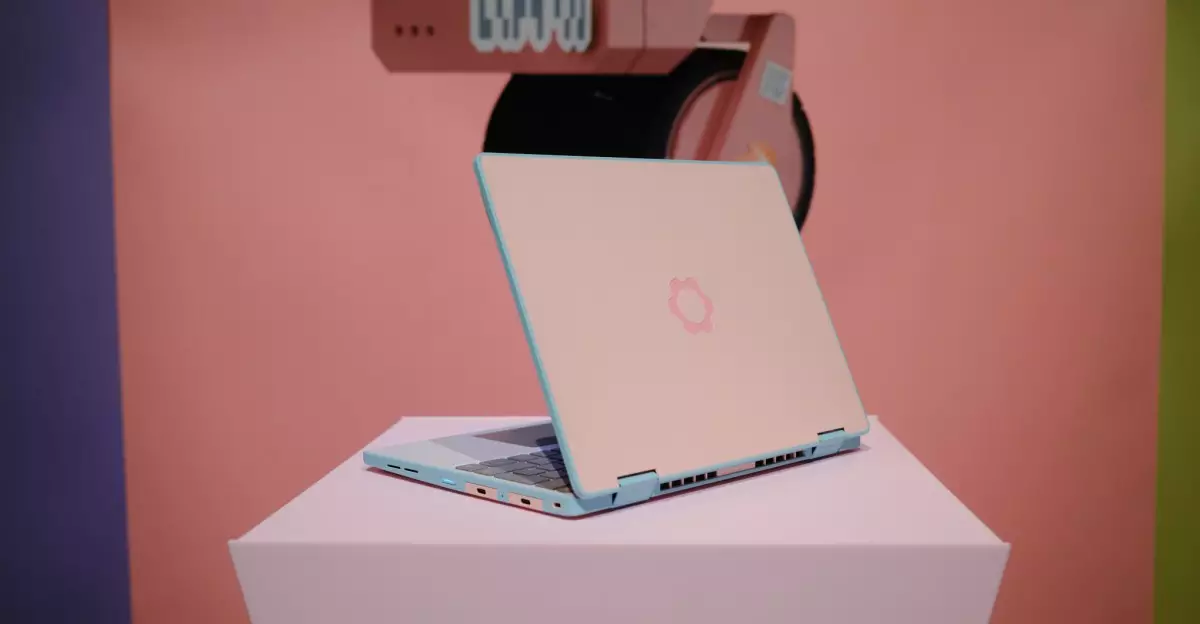In a surprising turn of events, Framework has made the tough decision to halt preorders in the United States for its highly anticipated Laptop 12. This uncertainty arises as the company reevaluates the financial implications of the recent tariffs imposed under the Trump administration, particularly those affecting imports from Taiwan, where their products are manufactured. While this delay is disappointing for American consumers, it shines a light on the broader economic challenges that technology companies face amidst fluctuating trade policies.
Innovative Features of the Laptop 12
Despite the pause in U.S. sales, the Laptop 12 is stirring enthusiasm in international markets, including Canada and various European nations. Boasting cutting-edge features, this modular and convertible laptop marks a significant milestone for Framework, being their smallest offering to date. With its transformative design that allows it to seamlessly transition from a laptop to a tablet, the Laptop 12 positions itself as a versatile tool for both work and play. It is powered by the latest 13th Gen Intel processors and offers impressive specifications, including a crisp 1920×1200 touchscreen with stylus support and robust memory options of up to 48GB RAM and 2TB storage.
This model aims to cater to a wider audience by presenting itself as an entry-level alternative, which is especially appealing given that it is anticipated to be priced lower than its predecessor, the Laptop 13. Although the exact pricing remains undisclosed, the emphasis on affordability is likely to resonate with cost-conscious consumers eager for quality products.
Design Aesthetic Meets Functionality
The Laptop 12 is not only technologically advanced but also visually striking. It ships in two charming colors—pastel pink and mint—that add a refreshing spin to the conventional tech aesthetic. Framework’s commitment to modularity and repairability remains at the forefront of their design philosophy, ensuring that users can easily update or fix their hardware without the need for professional assistance. In a world increasingly obsessed with disposable tech, this approach is not just sustainable; it empowers consumers and advocates for a more responsible use of technology.
Implications of Tariffs on Framework’s Business Model
Framework’s proactive approach in addressing the tariffs reflects a growing trend among companies that prioritize transparency and consumer engagement. By opting to delay product launches rather than immediately burdening customers with increased prices, Framework is making a bold statement about its values. The exponential rise in tariffs—reportedly up to 32 percent on imported goods from Taiwan—poses a significant challenge, forcing companies to navigate complex legislative landscapes while maintaining customer loyalty.
This calculated risk of withholding US availability may signal a shift in how tech companies operate in the global market, potentially leading to a more localized manufacturing approach in the long run. While some may view this as a setback, it could serve as a catalyst for innovation and change within the industry. The anticipation surrounding the Laptop 12 and the company’s response to external pressures may very well inspire a new generation of tech enthusiasts and entrepreneurs.


Leave a Reply